
7 subtle symptoms that could signal serious health problems
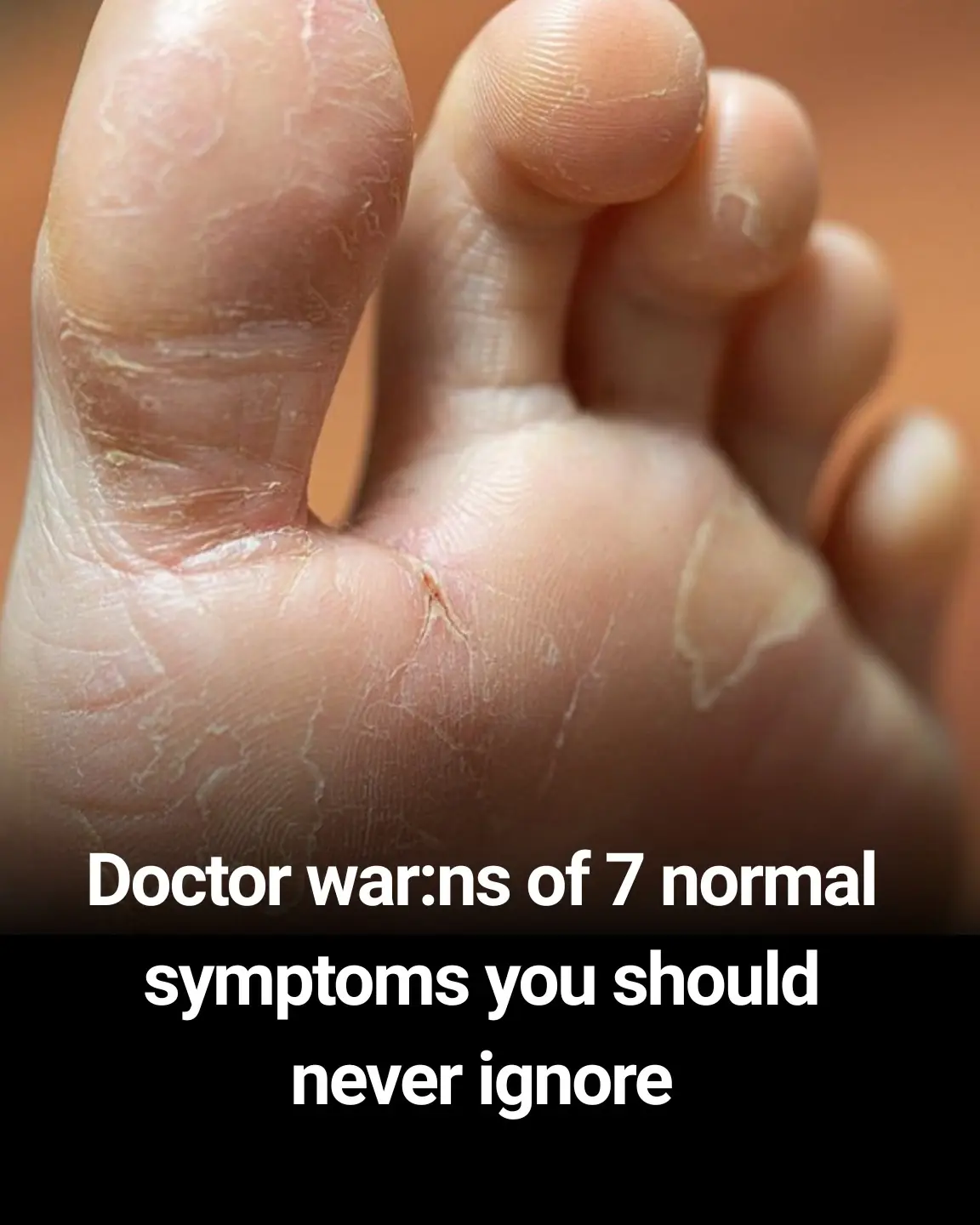
When it comes to our health, many of us wait until a problem becomes too obvious to ignore before seeking medical attention. However, some health issues may manifest in more subtle, easily overlooked symptoms that might not immediately scream "emergency." These seemingly insignificant signs could actually be an early warning of a serious condition. Understanding these symptoms and knowing when to take action can make all the difference in early diagnosis and treatment. Below are seven subtle symptoms that may indicate a more serious health issue.
1. Unexplained Weight Loss
What to Look For:
-
Losing weight without trying or without a change in diet or exercise habits.
-
More than 5% of body weight lost in six to 12 months could be a concern.
Why It’s Concerning:
Unexplained weight loss can be a sign of several serious conditions, including cancer, thyroid problems, diabetes, or gastrointestinal diseases. In particular, cancers such as those of the pancreas, stomach, or lungs may cause unintentional weight loss as the body fights against abnormal cells. Thyroid disorders, especially hyperthyroidism, can also lead to weight loss despite an increased appetite and food intake.
What to Do:
If you notice unexplained weight loss, consult your healthcare provider for further evaluation. They may conduct tests to check for metabolic disorders or underlying chronic conditions.
2. Persistent Fatigue
What to Look For:
-
Feeling constantly tired or weak, even after a full night’s rest.
-
Difficulty in getting through daily tasks or feeling exhausted without explanation.
Why It’s Concerning:
Fatigue can sometimes be written off as stress or lack of sleep, but persistent tiredness that doesn’t go away with rest could signal something more serious. Chronic fatigue could be a symptom of conditions like sleep apnea, anemia, chronic fatigue syndrome, depression, or heart disease. In some cases, it could be related to a malfunction in the body’s ability to circulate oxygen effectively or maintain healthy blood sugar levels.
What to Do:
If your fatigue lasts for weeks or disrupts your ability to function, it’s important to see a doctor. A thorough evaluation, including blood tests, can help determine if there’s an underlying condition such as anemia, hypothyroidism, or a heart issue.
3. Changes in Skin Appearance or Texture
What to Look For:
-
New moles, spots, or patches on the skin.
-
Itching, redness, or color changes that don’t improve.
Why It’s Concerning:
While some changes in the skin, like a new mole or dark spot, might seem harmless, they can also be a sign of skin cancer, particularly melanoma. Skin changes like redness, scaling, or thickening could also indicate other conditions, such as eczema, psoriasis, or even internal problems that affect the skin's appearance.
What to Do:
If you notice a change in the appearance of a mole, a new growth, or if existing spots become irregular, it’s essential to see a dermatologist. Early detection of skin cancer can greatly improve treatment outcomes.
4. Shortness of Breath
What to Look For:
-
Difficulty breathing after minimal physical activity.
-
Feeling winded even when resting, or having a persistent cough.
Why It’s Concerning:
Shortness of breath, especially if it comes on suddenly or with minimal exertion, can be a sign of a serious condition such as heart failure, asthma, lung disease, or blood clots. It can also indicate a pulmonary embolism or chronic obstructive pulmonary disease (COPD). In some cases, shortness of breath can be a warning of a heart attack or an impending stroke.
What to Do:
If shortness of breath is persistent, unexplained, or worsens over time, seek immediate medical attention. The doctor will assess your heart and lung function and may recommend imaging tests to identify any underlying causes.
5. Frequent Headaches
What to Look For:
-
Regular, recurrent headaches that are different from your usual pattern.
-
Severe headaches, particularly those that come on suddenly or worsen over time.
Why It’s Concerning:
While occasional headaches are common and usually harmless, frequent or severe headaches could be a sign of something more serious, such as migraines, cluster headaches, or even neurological disorders like a brain tumor or aneurysm. If headaches are accompanied by other symptoms like visual disturbances, nausea, or weakness, it could be an indication of a stroke or other vascular issues.
What to Do:
Keep track of the frequency, intensity, and triggers of your headaches. If the headaches are new, more intense than usual, or occur with other symptoms, consult a doctor. They may perform neurological exams to rule out serious conditions.
6. Digestive Issues (Constipation, Diarrhea, or Blood in Stool)
What to Look For:
-
Long-term constipation or diarrhea that doesn’t resolve with diet changes.
-
Blood in the stool or black, tarry stools.
Why It’s Concerning:
Chronic digestive problems such as persistent constipation, diarrhea, or blood in the stool could be indicative of inflammatory bowel diseases (IBD) like Crohn’s disease or ulcerative colitis. It could also signal gastrointestinal cancers, such as colon cancer, or digestive tract infections. Blood in the stool or black stools can indicate bleeding within the gastrointestinal tract.
What to Do:
If digestive problems persist or you notice blood in your stool, it’s crucial to consult a gastroenterologist. They may recommend a colonoscopy or other tests to rule out serious conditions.
7. Changes in Urination (Frequent or Painful Urination)
What to Look For:
-
Frequent need to urinate, especially at night.
-
Painful urination or blood in the urine.
Why It’s Concerning:
Changes in urination habits, especially if accompanied by pain or blood, can be a sign of urinary tract infections (UTIs), kidney issues, or even bladder or kidney cancer. Frequent urination at night (nocturia) can be a symptom of diabetes, prostate problems, or heart failure.
What to Do:
If you experience changes in urination that are persistent, painful, or accompanied by blood, seek medical advice. A urinalysis and imaging tests may be necessary to determine the cause.
Conclusion
Many serious health conditions can start with subtle symptoms that are easy to ignore or dismiss as normal. The key to better health outcomes lies in paying attention to these warning signs and seeking timely medical advice. Early detection of health problems can lead to more effective treatment and potentially save lives.
If you notice any of these subtle symptoms, don’t hesitate to consult your healthcare provider. A medical professional can perform the necessary tests to diagnose and treat underlying conditions before they progress into more serious issues.
How to Prevent Serious Health Problems: Practical Tips
While recognizing subtle symptoms early on is crucial, prevention is always the best approach when it comes to maintaining your health. Adopting a proactive mindset and incorporating healthy habits into your daily routine can significantly reduce your risk of developing serious health problems. Below are some practical tips on how to prevent common health issues.
1. Maintain a Healthy Diet
Why It’s Important:
A balanced diet is essential for good health and can help prevent a variety of chronic conditions such as heart disease, diabetes, obesity, and certain cancers. Eating nutrient-dense foods ensures your body gets the vitamins, minerals, and antioxidants it needs to function optimally.
Prevention Tips:
-
Eat plenty of fruits and vegetables: Aim for at least five servings per day to boost your intake of vitamins, fiber, and antioxidants.
-
Choose whole grains: Opt for whole wheat, oats, quinoa, and brown rice to improve digestive health and stabilize blood sugar levels.
-
Limit processed foods: Reduce your intake of foods high in added sugars, unhealthy fats, and salt. These can increase your risk of high blood pressure, diabetes, and heart disease.
-
Incorporate healthy fats: Include sources of healthy fats, such as avocados, nuts, seeds, and olive oil, to support brain function and reduce inflammation.
2. Exercise Regularly
Why It’s Important:
Regular physical activity is one of the most effective ways to prevent a wide range of health issues. It helps to maintain a healthy weight, improve cardiovascular health, strengthen muscles and bones, and boost mental well-being.
Prevention Tips:
-
Aim for at least 150 minutes of moderate exercise per week: Activities such as walking, cycling, swimming, or dancing can help improve cardiovascular health.
-
Include strength training: Resistance exercises, such as weight lifting or bodyweight exercises (squats, push-ups), should be performed at least two days a week to improve muscle mass and bone density.
-
Stay active throughout the day: Take the stairs, walk or bike instead of driving, or incorporate short walks into your workday to reduce sedentary behavior.
3. Prioritize Sleep
Why It’s Important:
Quality sleep is essential for overall health. Poor sleep is linked to numerous health issues, including weakened immunity, poor cognitive function, increased risk of chronic conditions, and mental health problems.
Prevention Tips:
-
Aim for 7-9 hours of sleep per night: Make sure your sleeping environment is comfortable and conducive to rest.
-
Stick to a sleep schedule: Go to bed and wake up at the same time every day to regulate your circadian rhythm.
-
Create a bedtime routine: Avoid screens, caffeine, and heavy meals close to bedtime. Instead, practice relaxation techniques like reading or meditation.
4. Manage Stress Effectively
Why It’s Important:
Chronic stress can take a toll on your physical and mental health. It is linked to increased risk of heart disease, hypertension, digestive issues, and mental health conditions such as anxiety and depression.
Prevention Tips:
-
Practice mindfulness and relaxation: Incorporate techniques such as deep breathing, meditation, or yoga into your daily routine to manage stress effectively.
-
Take breaks: Avoid burnout by taking short breaks throughout the day to relax and recharge.
-
Set boundaries: Prioritize your mental health by managing your workload and setting boundaries in both personal and professional life.
5. Stay Hydrated
Why It’s Important:
Water is essential for proper body function, including digestion, circulation, temperature regulation, and nutrient absorption. Staying hydrated can improve energy levels, skin health, and cognitive function.
Prevention Tips:
-
Drink plenty of water throughout the day: Aim for at least 8 cups (2 liters) of water daily, more if you're active or in a hot climate.
-
Limit sugary drinks: Opt for water, herbal teas, or unsweetened beverages instead of sugary sodas and juices that contribute to weight gain and metabolic issues.
6. Get Regular Health Check-ups
Why It’s Important:
Routine check-ups with your healthcare provider help to detect potential health issues before they become serious. Early detection increases the chances of successful treatment and reduces the risk of complications.
Prevention Tips:
-
Schedule annual physical exams: Regular check-ups can help monitor blood pressure, cholesterol, blood sugar levels, and other important health metrics.
-
Screen for common conditions: Depending on your age and risk factors, discuss with your doctor whether you should get screened for cancer, diabetes, heart disease, and other conditions.
-
Get vaccinated: Ensure you're up to date with vaccinations to protect against preventable diseases like the flu, pneumonia, and COVID-19.
7. Avoid Smoking and Limit Alcohol Consumption
Why It’s Important:
Tobacco use and excessive alcohol consumption are major risk factors for many serious health conditions, including cancer, liver disease, heart disease, and respiratory problems.
Prevention Tips:
-
Quit smoking: If you're a smoker, seek support to quit. Smoking cessation can dramatically reduce your risk of developing lung disease, heart disease, and cancer.
-
Limit alcohol intake: If you drink alcohol, do so in moderation. The American Heart Association recommends no more than one drink per day for women and two drinks per day for men.
Conclusion
Prevention is key to reducing the risk of serious health problems. By adopting healthy lifestyle habits such as eating a balanced diet, exercising regularly, managing stress, getting adequate sleep, staying hydrated, and seeking routine medical check-ups, you can significantly improve your overall health and well-being. While subtle symptoms may arise from time to time, practicing preventive care ensures that you remain in the best possible shape to tackle any health issues before they become serious. Stay proactive and prioritize your health - it’s the foundation of a long, fulfilling life.
Remember: It’s always better to err on the side of caution when it comes to your health. Keep an eye on subtle symptoms and consult with a healthcare provider when necessary!News in the same category


The Part of the Pig Often Dismissed as “Dirty” and Thrown Away: Turns Out It’s a “Miracle Food” with 10 Times More Iron Than Meat

An 8-Year-Old Girl Complained of “Sto.mach Pain” Every Friday Afternoon

Eating Eggs Can Be Harmful for These 5 Groups of People: Better Stay Away!
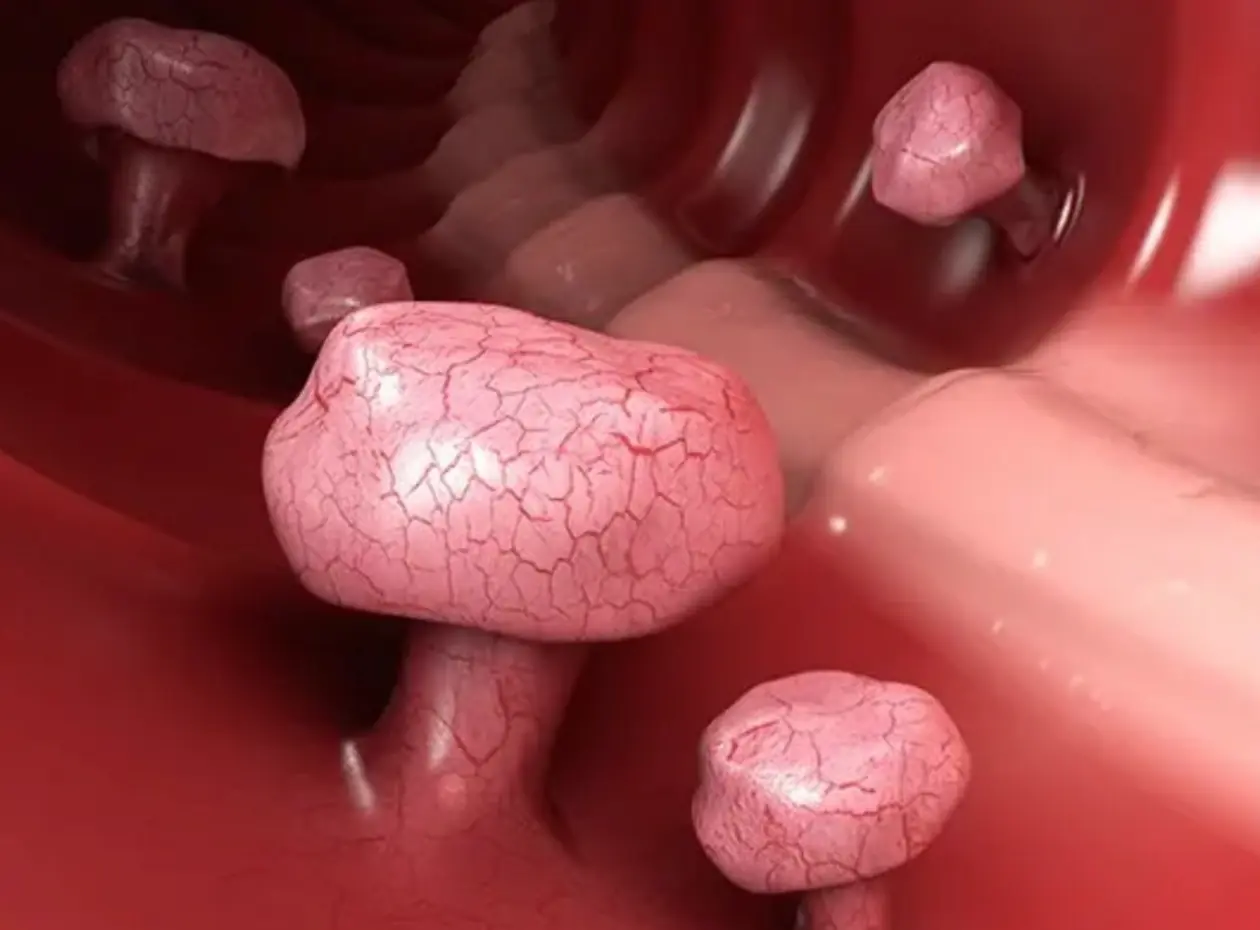
Early detection colon polyps: The key to effective can.cer prevention

Think it’s harmless? The risks of wearing bras to sleep might surprise you

What dise:ase is gr.oin pa.in a symptom of?

These 10 symptoms indicate latent diabetes

What sleeping on the left side does for our brain, stomach and lymphatic health

Eating yogurt with these 5 mistakes can bring more dis.eases into your body
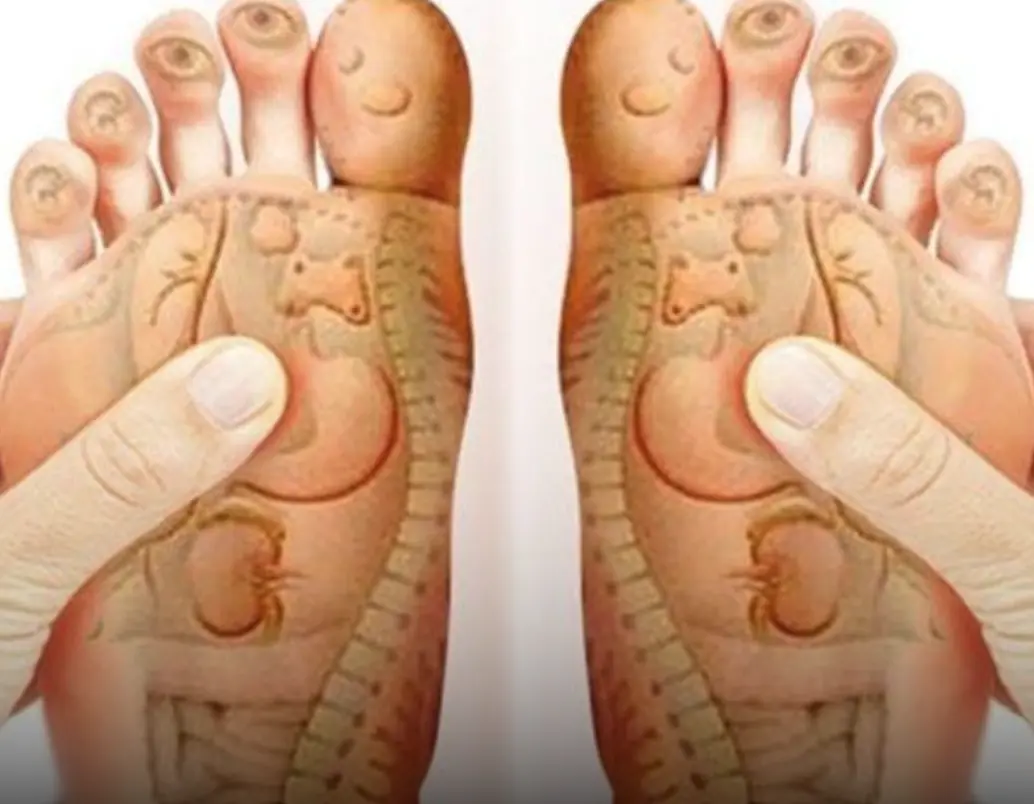
8 foot massage points that help relieve issues

The 5 ‘silent’ can:cer signs you might miss on your nails
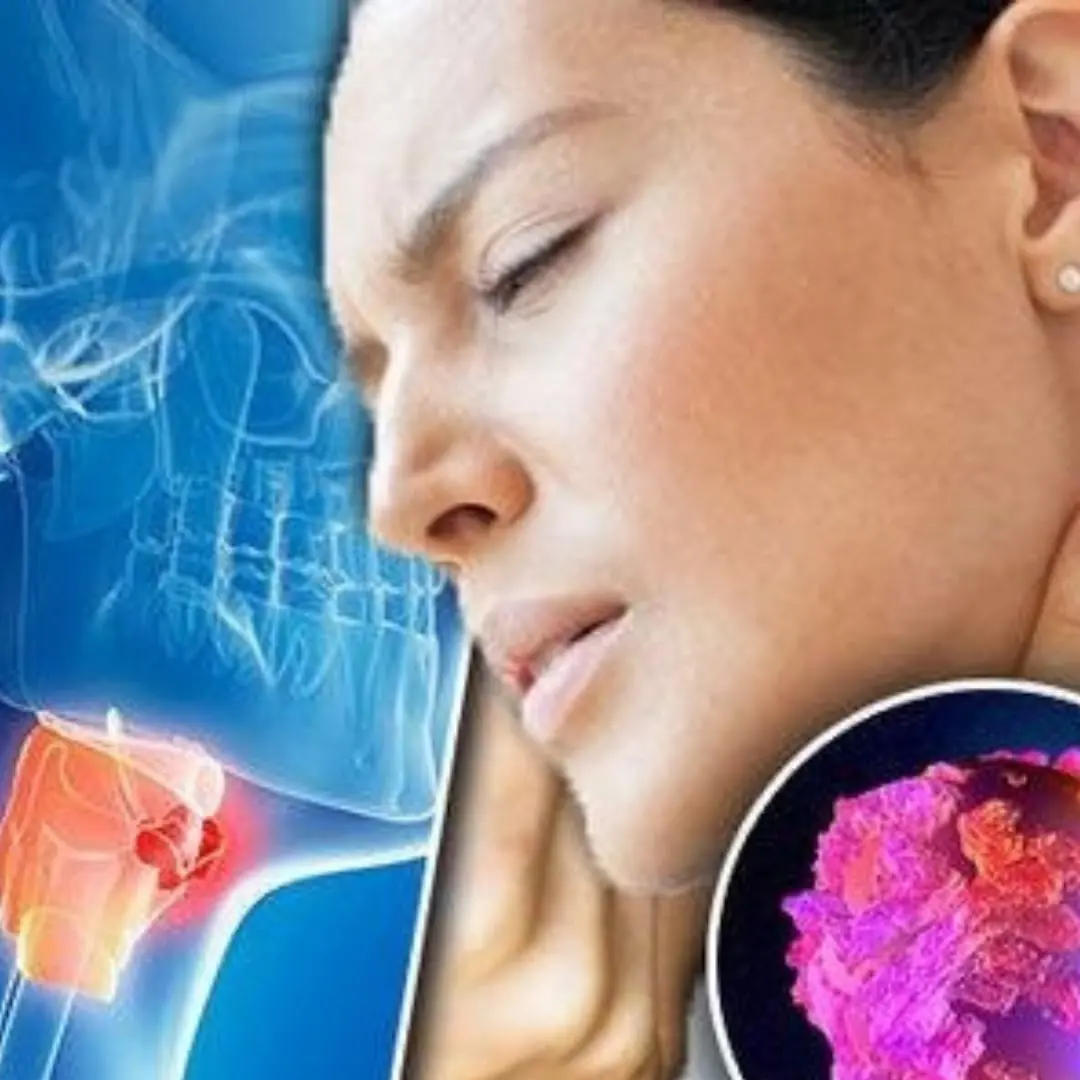
Warning about the habit of "welcoming" can:cer into the body, many people know but still do it

4 Types of Plants That Snakes Are Crazy About

Boiling Eggs with Just Water is Not Enough

Discover the Power of Rosemary: Nature’s Potent Pain Reliever & Healing Herb
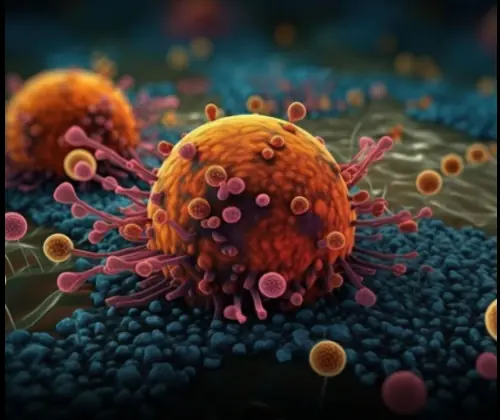
Doctors Urge: Stop Eating These 6 Foods That Fuel Cancer Growth

10 Warning Signs of Stroke One Month Before - Unbelievable Signs... Revealed!

Over 200 People Are Killed By The “World’s Deadliest Food” Every Year
News Post

4 Vegetables Easily “Treated” with Chemicals

The Part of the Pig Often Dismissed as “Dirty” and Thrown Away: Turns Out It’s a “Miracle Food” with 10 Times More Iron Than Meat

An 8-Year-Old Girl Complained of “Sto.mach Pain” Every Friday Afternoon

Eating Eggs Can Be Harmful for These 5 Groups of People: Better Stay Away!

Early detection colon polyps: The key to effective can.cer prevention

Think it’s harmless? The risks of wearing bras to sleep might surprise you

What dise:ase is gr.oin pa.in a symptom of?

These 10 symptoms indicate latent diabetes

What sleeping on the left side does for our brain, stomach and lymphatic health

Eating yogurt with these 5 mistakes can bring more dis.eases into your body

8 foot massage points that help relieve issues

Struggling with garlic or onion smell on your hands? Try this simple trick—1 minute and it’s gone!

Tightly Wrapped or Loose Cabbage – Which Tastes Better?

The 5 ‘silent’ can:cer signs you might miss on your nails

Warning about the habit of "welcoming" can:cer into the body, many people know but still do it

4 Types of Plants That Snakes Are Crazy About

Boiling Eggs with Just Water is Not Enough

Discover the Power of Rosemary: Nature’s Potent Pain Reliever & Healing Herb
